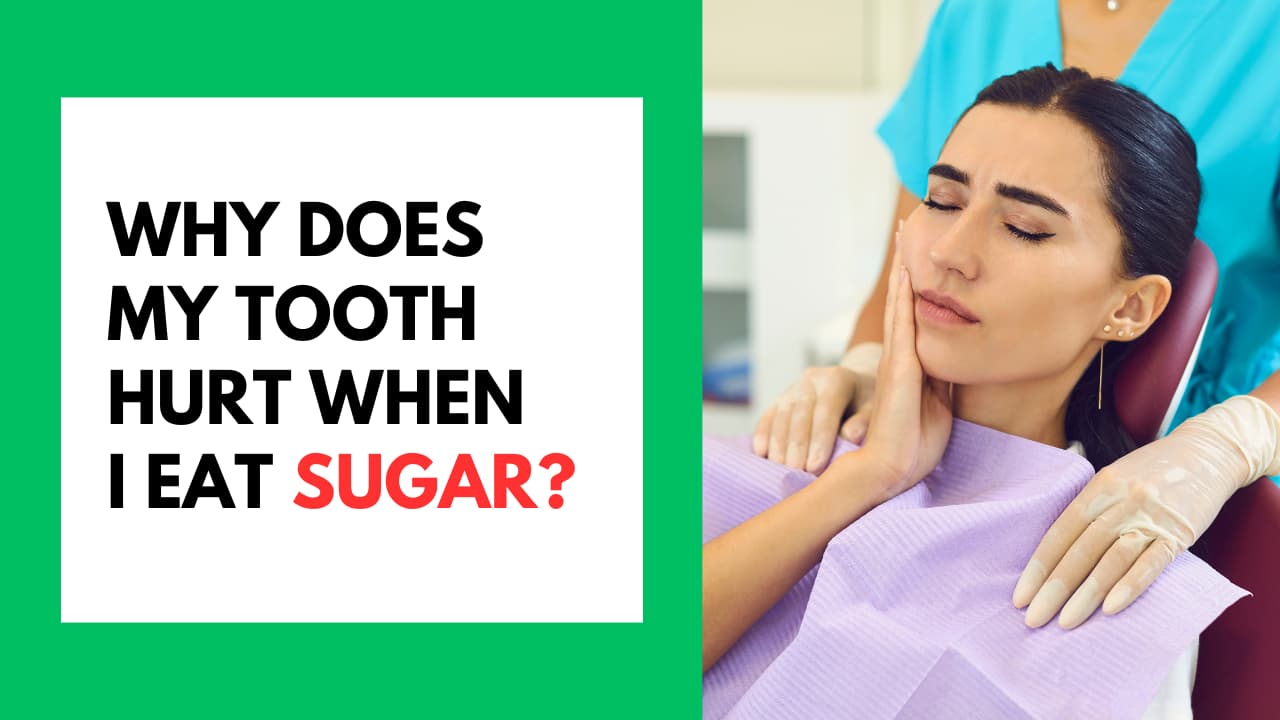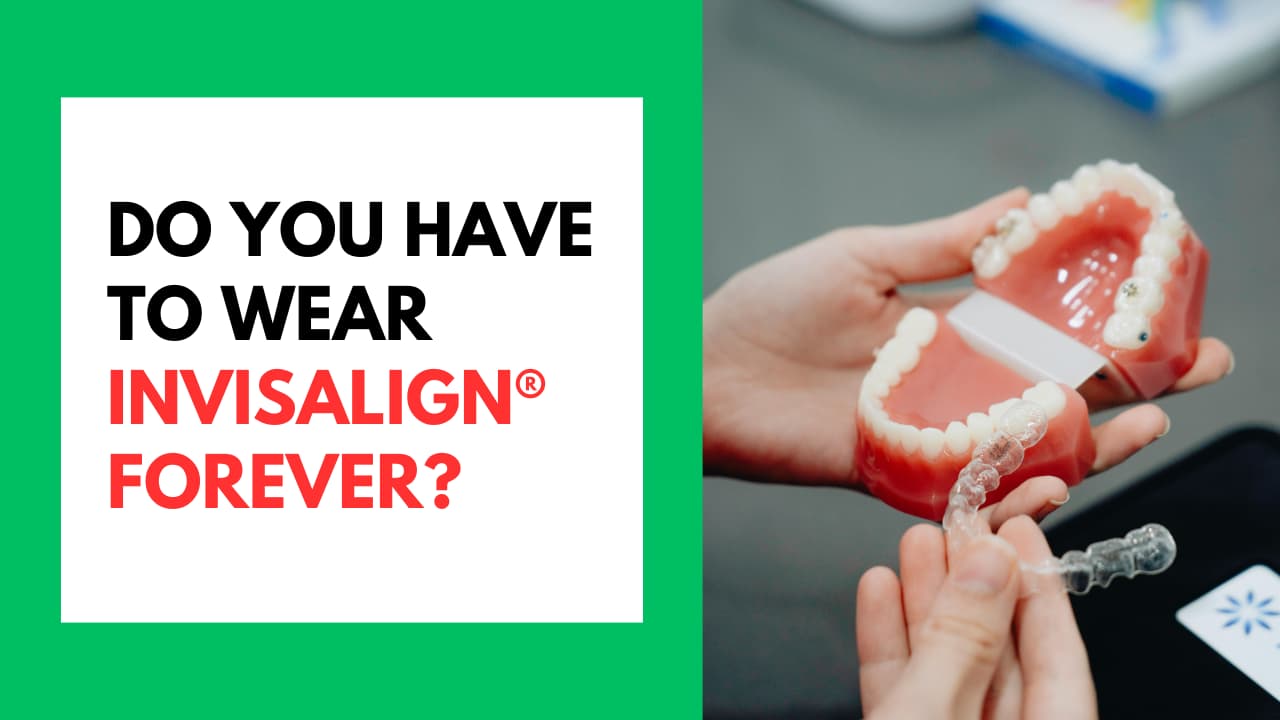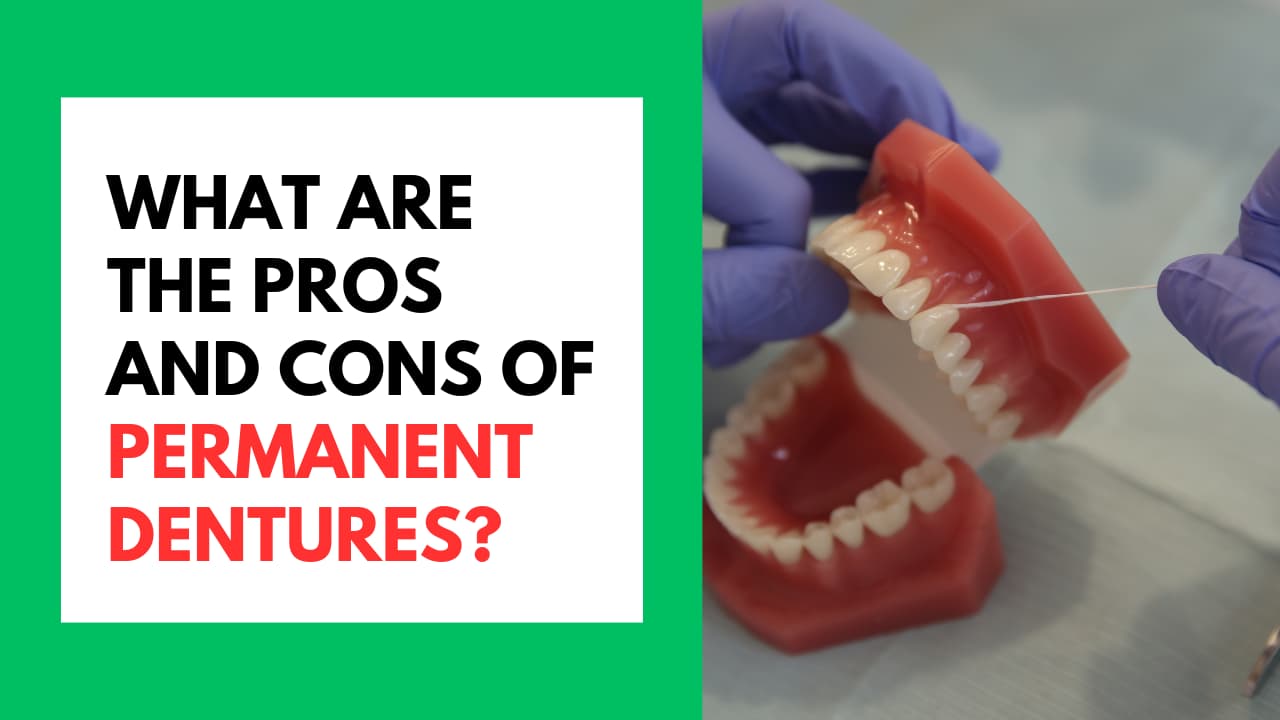Every smile hides a quiet struggle that begins each time you enjoy something sweet. When you take a bite of your favorite sugary snack, small cavities and sensitive nerves react, sending a sharp twinge of pain that reminds you that your teeth are under stress. Let’s discuss the reasons why your tooth hurts when you eat sugar.
Expert in This Article
Dr. Neha Korla began her dental career in India, earning her Bachelor’s and Master’s in Periodontal Surgery before completing her Doctorate in Dental Surgery at the University of Southern California, Los Angeles.
What Happens When You Eat Sugar?
When you eat sugar, it reacts with the bacteria that naturally live in your mouth, especially Streptococcus mutans. These bacteria use the sugar for energy and produce acid as a result. The acid lowers the pH level in your mouth and starts attacking the tooth enamel, the hard outer layer that protects your teeth.
This acid slowly removes minerals from the enamel, a process called demineralization. If this happens often, the enamel becomes weaker, and cavities (tooth decay) can form.
According to Dr. Neha Korla of ACE Dental of Belton, “The sugar you consume also helps bacteria stick together and form a sticky coating called plaque on your teeth.” This plaque traps acid against the enamel, causing even more damage over time.
Common Causes of Toothache from Sugar
The following are some commonly known causes of toothache after sugar consumption:
· Enamel Erosion and Dentin Exposure
Sugar and acidic foods can slowly wear away the hard enamel on your teeth. When the enamel gets thinner, the softer layer underneath, called dentin, becomes exposed. Dentin has tiny tubes that connect to the tooth’s nerves, so when sugar touches it, you may feel sharp pain or sensitivity.
· Tooth Decay and Cavities
Bacteria in your mouth feed on sugar and produce acids that damage enamel, creating small holes called cavities. These cavities expose the inner part of the tooth, where the nerves are. When sugar reaches these nerves, it can cause sudden pain or discomfort.
· Gum Disease and Receding Gums
Plaque buildup from eating sugary foods can irritate your gums and lead to gum disease. “As gums recede, they expose the tooth roots, which don’t have enamel to protect them and are very sensitive.” Says Dr. Korla. This can make sugary foods cause pain.
· Cracked Teeth and Worn Dental Restorations
Cracks in teeth or worn fillings give sugar and acids a way to reach deeper layers of the tooth. This exposes sensitive nerves that should be protected, leading to pain when you eat something sweet.
Symptoms of Sugar-Induced Tooth Sensitivity
When sugar causes tooth sensitivity, you may notice the following symptoms:
· Sharp and sudden pain when eating sweets
· Lingering discomfort after eating sugar
- Sensitivity to hot, cold, and sweet foods
Ways to Manage & Prevent Sensitivity to Sugar
The following are some strategies to manage sugar-induced dental sensitivity:
· Good Oral Hygiene Practices
Brush your teeth twice a day with a soft toothbrush and floss regularly to remove sugar and plaque. This helps prevent acid from damaging your enamel. Brush gently to avoid wearing down enamel or causing gums to recede, which can make teeth more sensitive.
· Limiting Sugary Foods and Drinks
“Cutting back on sugary and acidic foods helps reduce the growth of harmful bacteria and the acid they produce. Avoiding sticky snacks and constant grazing also gives your saliva time to wash away acids and protect your teeth naturally.” Advises Dr. Neha Korla.
· Using Desensitizing Toothpaste and Treatments
Toothpaste made for sensitive teeth, especially those with fluoride or potassium nitrate, can strengthen enamel and block pain signals from the nerves. Your dentist can also apply fluoride varnish or sealants to give your teeth extra protection against sugar-related sensitivity.
· Regular Dental Checkups for Early Detection
Seeing your dentist regularly helps catch problems like enamel wear, cavities, or gum disease early. Treating these issues in time prevents sensitivity from getting worse and keeps your mouth healthy overall.
Wrapping Up
If you often feel pain when eating sugary foods, it’s a sign that something may be wrong and needs attention. Visiting your dentist helps identify the cause and start the right treatment, so you can enjoy sweets without discomfort.

Annie Edith is an experienced journalist and content creator with a strong passion for health and wellness. She takes a unique approach to her writing, exploring the latest trends in Dental, Fitness, and mental well-being, while providing readers with informative, research-based articles.





